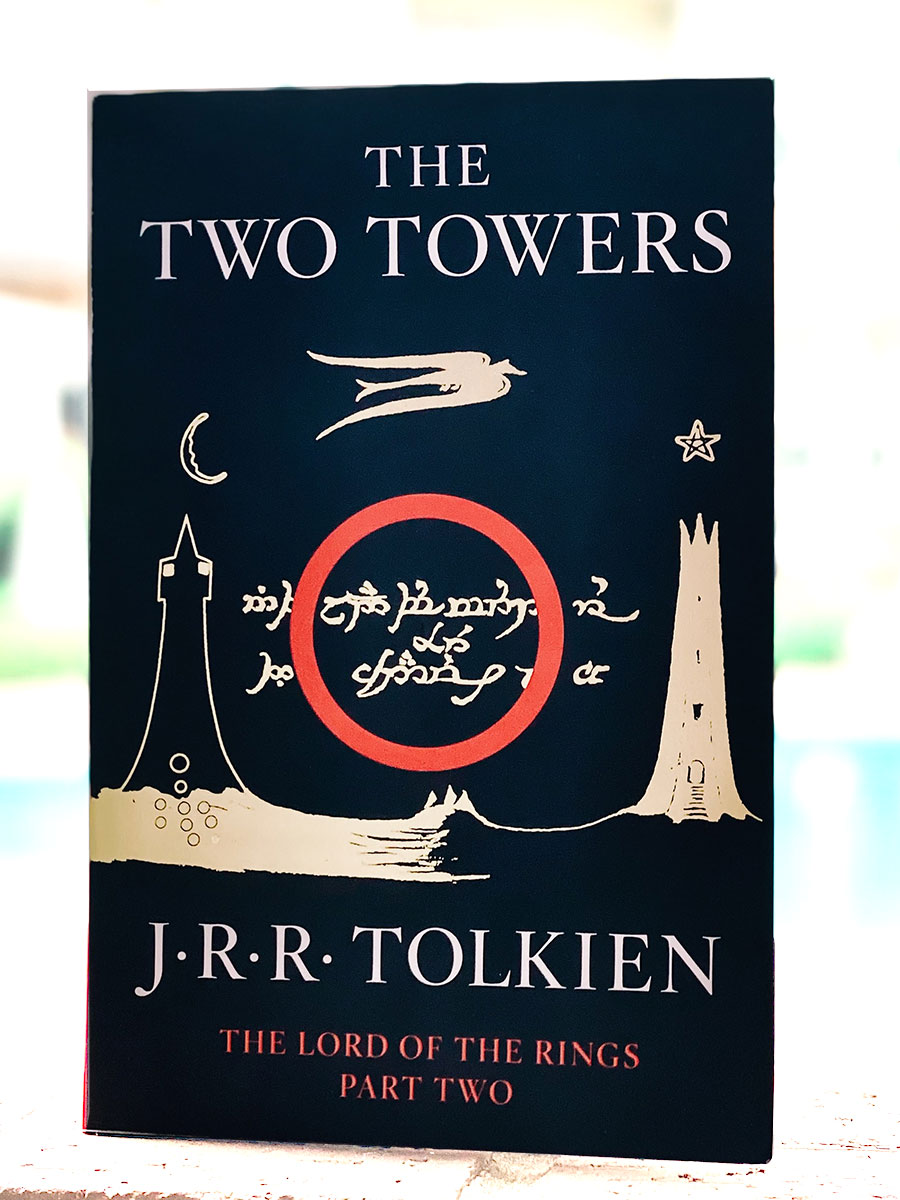

Writing is primarily about entertaining ourselves. We should be excited about the stories we craft; otherwise, the lack of enthusiasm will pass on the manuscript. If you're bored or unmotivated while writing, your readers will become too. Find the optimal hour and space to dedicate to your narrative and take a break when inspiration is not in rendez vous.
"So any place where you feel that your story is slowing down in its pacing, you might look for ways that you can start hooking your reader."
- David Farland -

We should invest in creating compelling heroes and antiheroes. Our protagonist should captivate with his unique skills. The more contradictory the personality of the antihero, the better it is to define and determine the identity and purpose of our hero.
"Let us know what people look like. We want to see them, obviously, if we’re vicariously inhabiting the scene, don’t let us have some default picture, which we’ll come up without of our own warehouse of stock images because later you’ll tell us some detail which violates the default picture we came up with. Let us see the characters pretty vividly right from the start. If you give the readers an opportunity to misunderstand what you’re saying, they will all take that opportunity."
- Tim Powers -

The readers prefer to know immediately whose story they're reading to recognize and understand quickly who the character is and whether or not he would be worth following. Don't be shy, withholding the main character from page one; put them front and center. Use your voice and write with your style (not Hemingway's, Grisham's, King's, etc.), and make sure your heroes also sound like themselves, not like somebody else's. A story begins when ...

Often our vision is captivated by colors and impressive font styles. It is practically inescapable not to be impressed by a well-designed cover! Sometimes the reader’s attention is triggered by appearances, before even read the synopsis of a book. A compelling cover builds readers; however, try not to succumb only by appearances! A plethora of knowledge or entertainment may hide behind less attractive covers ...

Know what you’re going to write before you write it. A book outline is a roadmap or blueprint for your story. It tells you where you need to go and when in chronological order. Write in your preferable place at your most productive time. Write scenes that excite you. Read your manuscript many times - at least 10 - before you give it for editing. The editor would not make your story better or make sense; only you can do that. If your idea is not exciting, even after editing will remain so. Modified and corrected, yes, but still poor. Don’t bore or confuse the reader. Shorter is always better. You’re never going to make your writing perfect. All you can do is do the best you can.

A genre consisting of defying the literary norms and conventions established by traditional realist works within literature's principles. The writers of this genre focus on using innovative storytelling techniques that are playful, bizarre, risky, controversial, or sometimes even incomprehensible ...